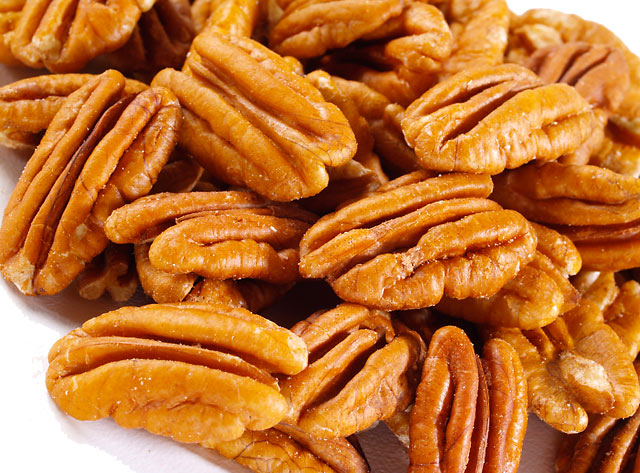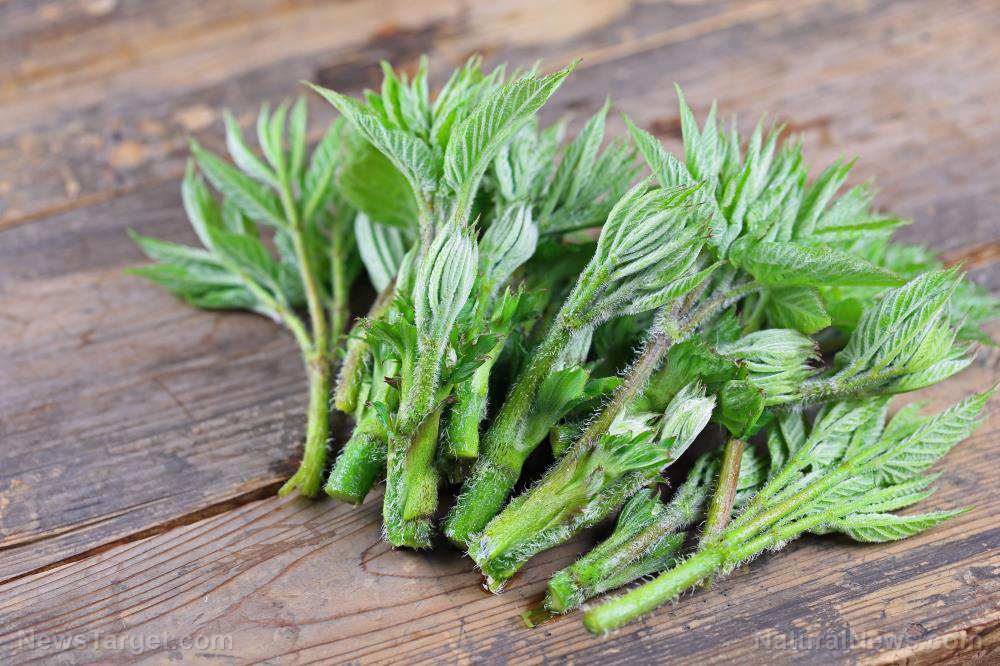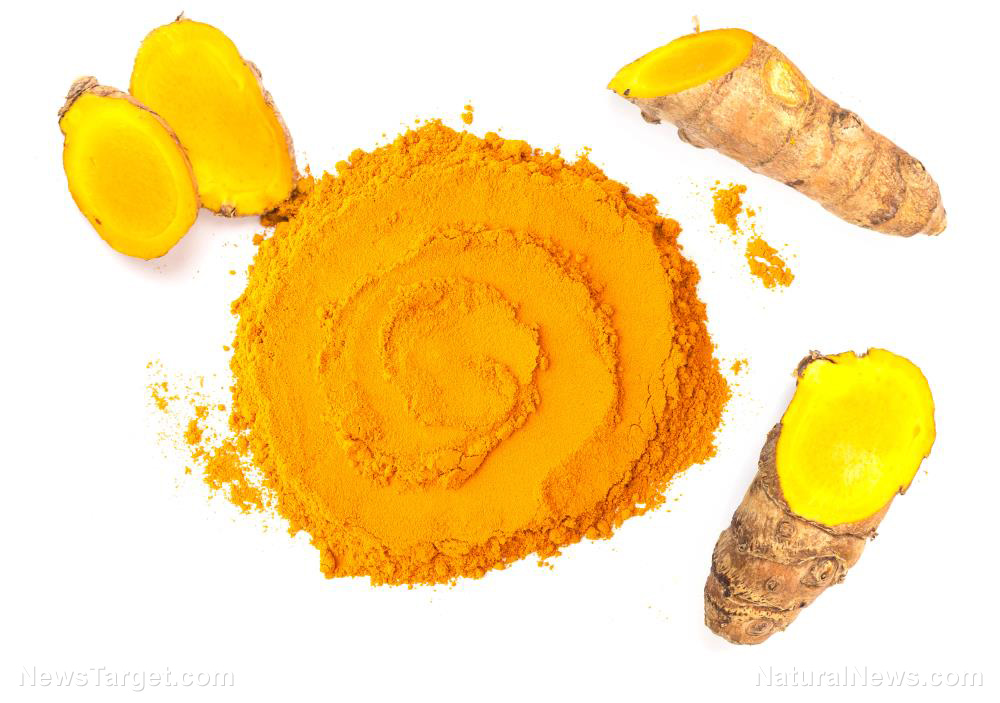Eat just one small handful of pecans every day to dramatically improve your heart health
05/14/2018 / By Ralph Flores

It’s not just an apple a day that keeps the doctor away – a study has shown that eating a handful of pecans daily can reduce the risk of cardiovascular disease (CVD) and Type 2 diabetes. The results of the study, which was published in Nutrients, found that having at least 1.5 ounces of pecans – equivalent to a small handful – in a person’s diet can significantly improve insulin sensitivity and have an effect on markers of cardiometabolic disease.
The study, which was conducted by researchers at the Jean Mayer USDA Human Nutrition Research Center on Aging at Tufts University in Massachusets, was the first to use a targeted approach to identify how pecans affected factors that are specific to Type 2 diabetes. In particular, obesity is a risk factor for Type 2 diabetes – and both increase the risk of CVD in a person.
“Pecans are naturally high in monounsaturated and polyunsaturated fats, so replacing a portion of the saturated fat in the diet with these healthier fats can explain some of the [cardioprotective] effects we observed,” explained Dr. Diane McKay, the study’s lead researcher. “But pecans also contain a number of bioactive plant compounds as well as vitamins and essential minerals that all likely contributed to this benefit. What’s really interesting is that just one small change — eating a handful of pecans daily — may have a large impact on the health of these at-risk adults.”
Researchers then conducted a placebo-controlled crossover trial to determine whether a pecan-rich diet can improve certain biomarkers related to CVD and Type 2 diabetes. For the 12-week study, the team recruited 26 men and women as participants. They were then provided with meals to regulate their food intake. During this time, participants either received a control diet or a pecan-rich diet, with both having the same calorie levels, as well as protein, carbohydrate, and total fat. The meals also were low in fruits, vegetables, and fiber.
Based on the results, people who regularly ate pecans had lowered their risk of cardiometabolic disease, that is, the combination of insulin resistance, high cholesterol, hypertension, and increased waist circumference due to fat. According to researchers, this lowered risk of disease indicates the ability of pecans to improve insulin stimulation in overweight and obese adults. In addition, pecans, like other tree nuts, can regulate blood glucose levels by affecting the release and activity of insulin.
The researchers concluded that taking a handful of whole pecans can reduce the risk of Type 2 diabetes and CVD, regardless of age, overweight status, and body fat distribution.
Other health benefits of pecans
Aside from supporting a person’s cardiovascular and metabolic health, there are other benefits that pecans have. For instance, they contain more antioxidants than any other tree nut. In fact, the Department of Agriculture (USDA) ranks them as one of the 15 food items with the highest level of antioxidants. They are also packed with nutrients – some of these include manganese, potassium, calcium, iron, magnesium, zinc, and selenium.
- Pecans improve digestion. “Since pecan nuts are fiber-packed, they promote colon health and facilitate regular bowel movements,” according to nutritionist Anshul Jaibharat, who was not part of the study. “Pecan nuts prevent constipation and reduce the risk of hemorrhoids and colitis by cleaning out the gastrointestinal system.”
- Pecans reduce the risk of certain cancers. The ellagic acid in pecans prevents the development of certain carcinogens at the DNA level, which makes them useful for treating breast cancer and colon cancer.
- Pecans have anti-inflammatory benefits. The tree nuts also contain magnesium, which reduces inflammatory markers in the body – including inflammation in the arterial walls. This prevents conditions such as arthritis, Alzheimer’s disease, and other inflammatory ailments.
You really don’t need to wait for pecan pie to experience its health benefits – but if you’re up for making it, here’s an easy-to-follow recipe. If you’re interested in other food items that heal, follow Food.news today.
Sources include:
Tagged Under: anti-inflammatory, body fat, cardiometabolic disease, cardiometabolic health, cardiovascular disease, CVD, diabetes, diabetes science, Ellagic acid, food as medicine, food science, functional food, good diet, good food, good nutrition, healing food, Health and Wellness, heart health, high-fat diets, monounsaturated fats, natural cures, obesity, pecan nut, pecans, polyunsaturated fats, proper diet, proper nutrition, slender, Type 2 Diabetes, unhealthy diet




















